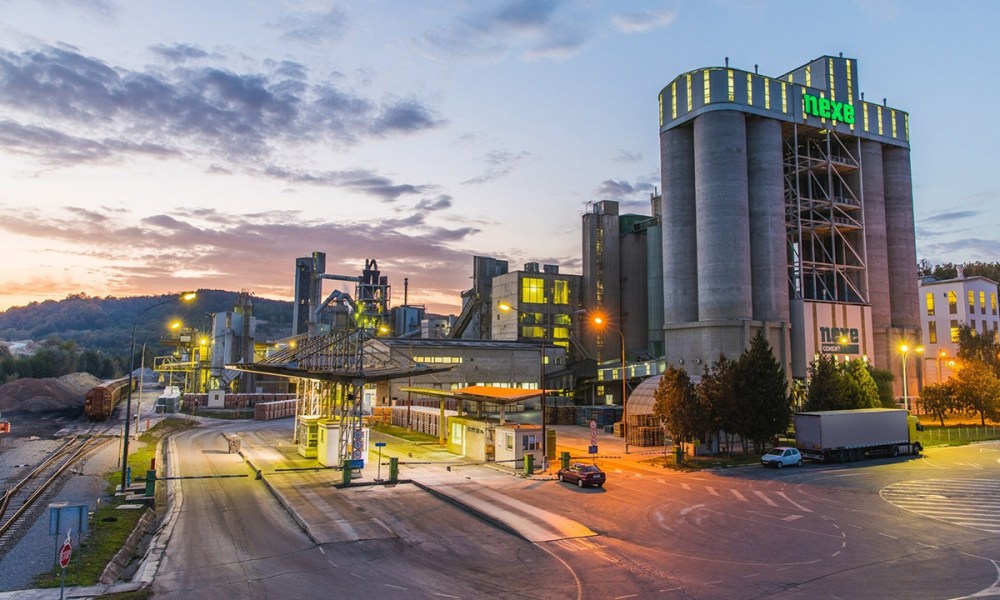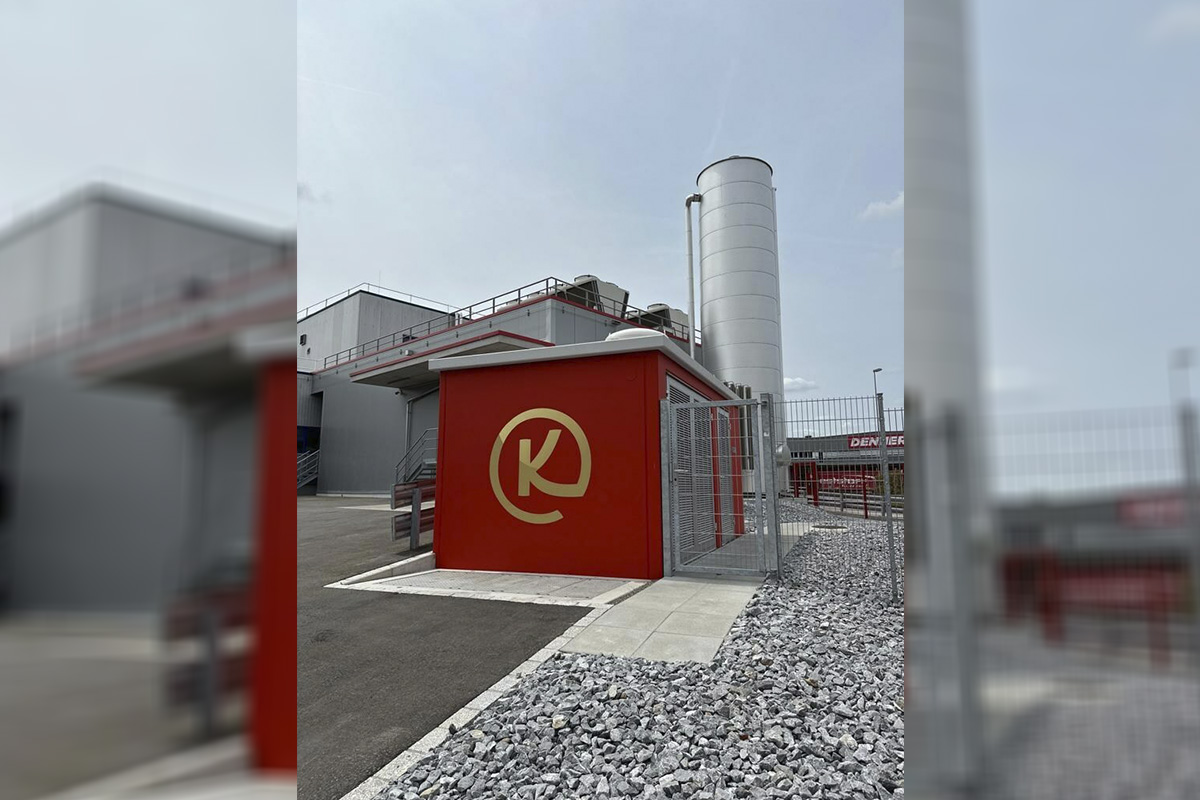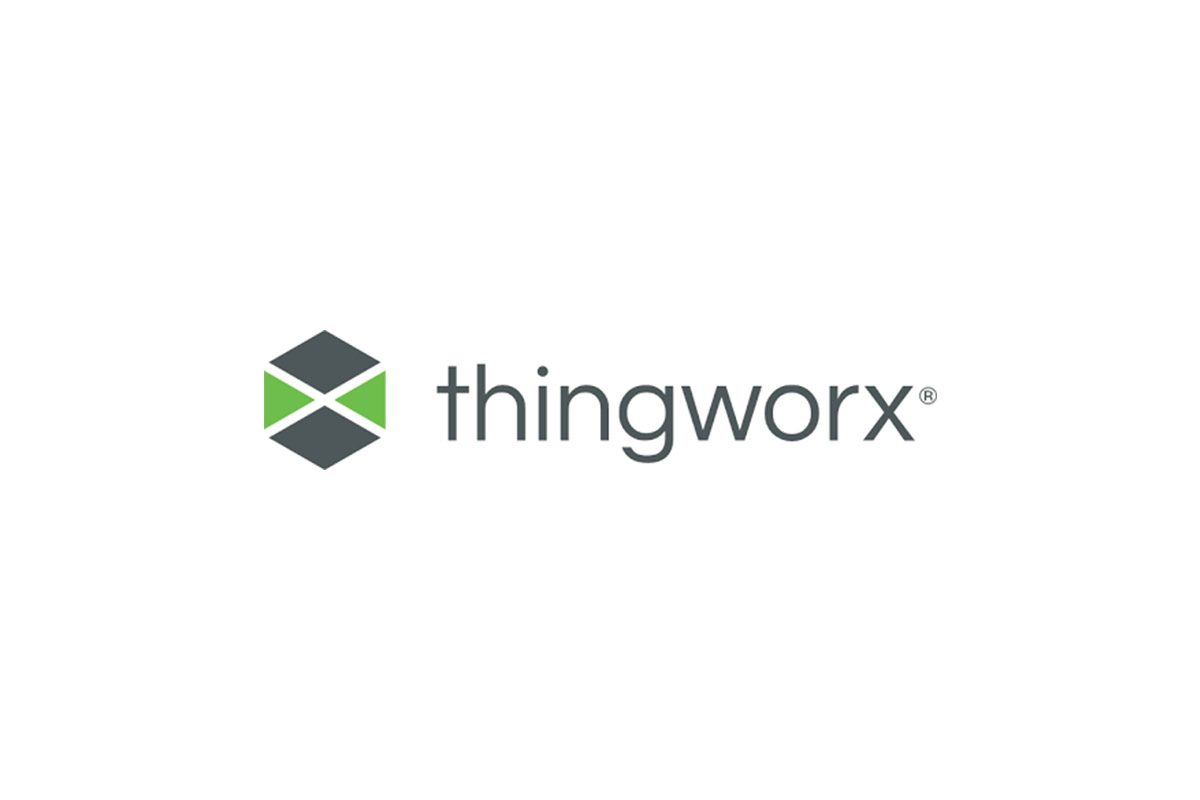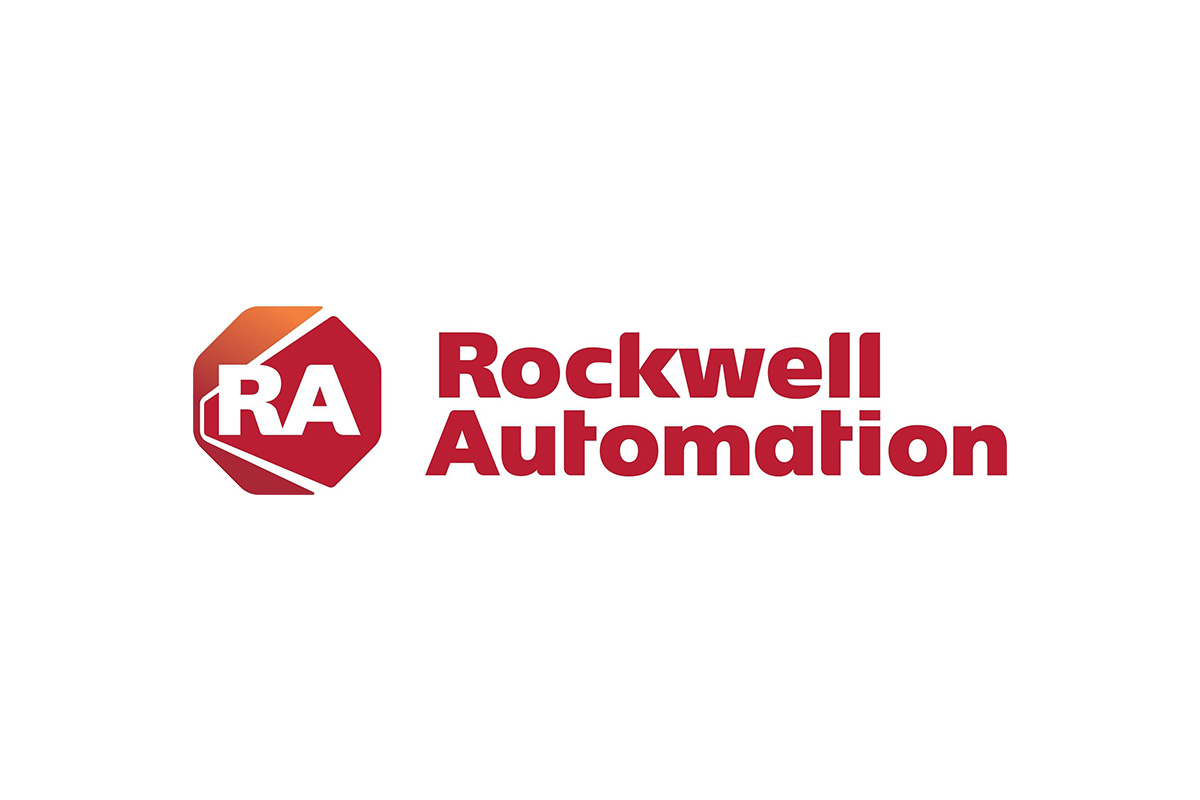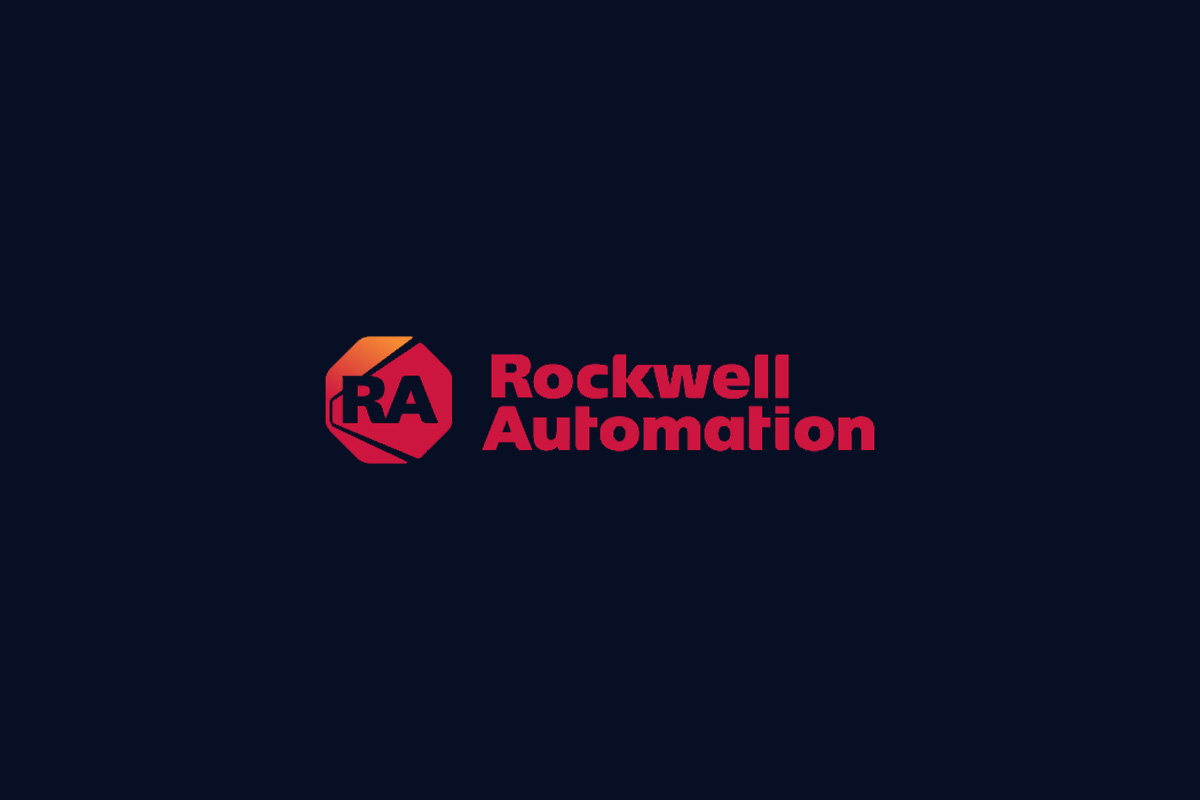Rockwell Automation, Inc. (NYSE: ROK), the world’s largest company dedicated to industrial automation and digital transformation, today announced that NEXE d.d. is introducing changes in its production processes through digitalization that will offer additional value on the company’s path towards further reductions in its carbon footprint.
In combination with using alternative raw materials and fuels, the company is achieving these goals by leveraging the FactoryTalk® Analytics Pavilion8® model predictive control (MPC) solution in combination with performance-management dashboards based on the ThingWorx IIoT platform, part of the FactoryTalk® InnovationSuite, powered by PTC.
Pavilion8® model predictive control (MPC) solution in combination with performance-management dashboards based on the ThingWorx IIoT platform, part of the FactoryTalk® InnovationSuite, powered by PTC.
The NEXE Group is well-known within building materials sector in Croatia and the region, specializing in cement, concrete, aggregates, concrete elements, roof tiles and bricks.
The architecture to be deployed at NEXE d.d. was formulated by data science teams from Rockwell Automation and Kalypso, a Rockwell Automation company. The Pavilion8 MPC solution offers an intelligence layer that sits on top of automation systems and continuously assesses current and predicted operational data. It then compares this data to desired results and drives new control targets to reduce process variability, improve performance, and boost efficiency – all autonomously and in real time.
Data for the MPC software comes from several sources, including the ThingWorx solution, a complete, end-to-end technology platform designed for the industrial Internet of Things (IIoT) that delivers tools and technologies to rapidly develop and deploy powerful applications and augmented reality (AR) experiences.
Danijel Koren, plant manager at NEXE d.d, said: “This is a push forward on this important journey for the whole Group. We are looking to link all systems together and put operational data in the hands of people who can make a difference. Early results point to real success in terms of savings and efficiency; indeed, we are predicting a payback period of less than a year.”
Pierre Teszner, regional vice president for central and eastern Europe at Rockwell Automation added: “The beginning of any digital journey is exciting, and we’re delighted to be helping NEXE achieve its potential. This model, comprising broad data capture, analysis, and real-time intervention resulting in tangible savings has proven so successful in other applications around the globe, and we are looking forward to seeing what NEXE will achieve.”

